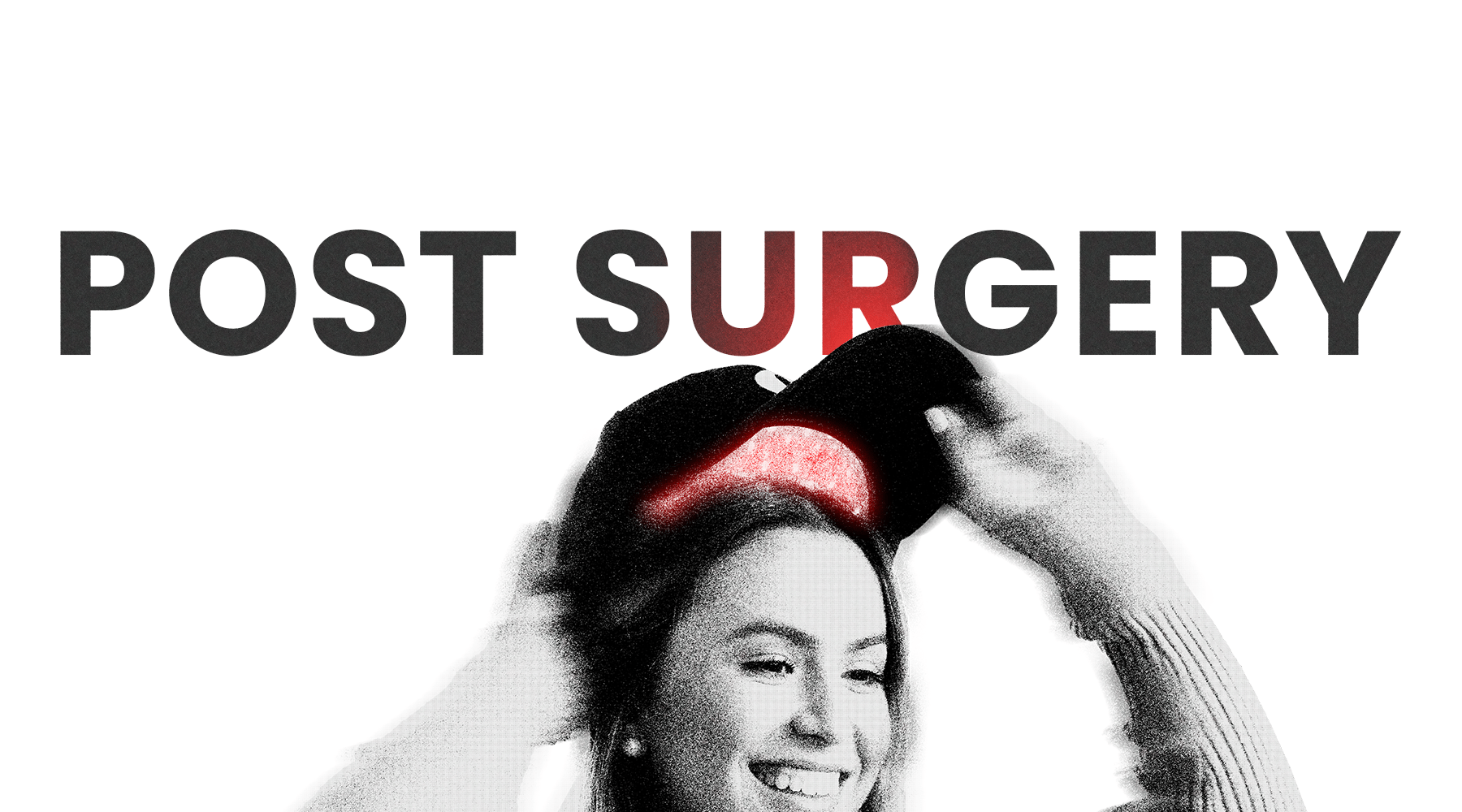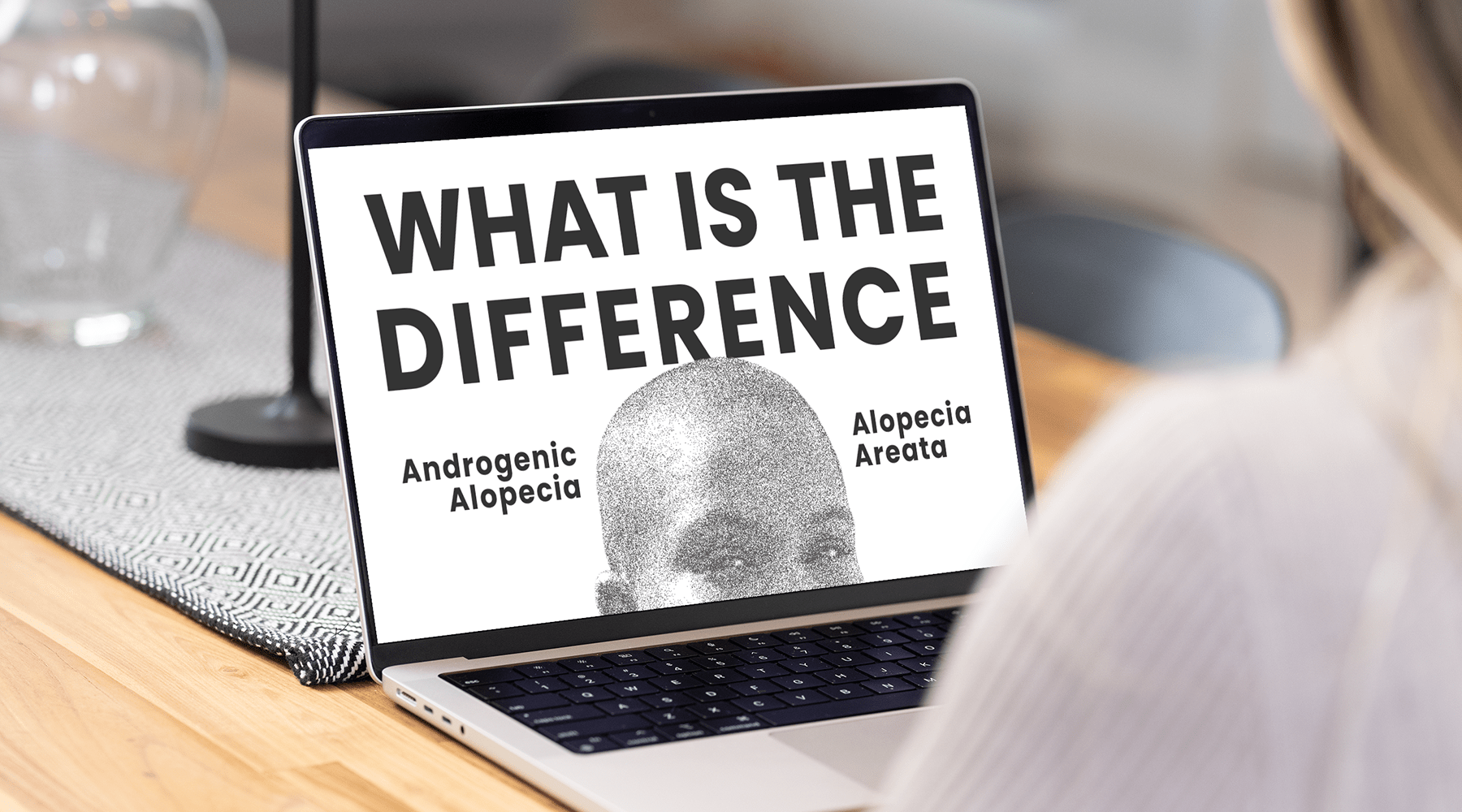Are you noticing more hair in your brush or on your pillow? Hair loss can be concerning, but understanding the types and causes of thinning hair can help you take control of your hair health. Let's explore the different types of hair loss and what might be causing your hair to thin.
Types of Hair Loss
Androgenetic Alopecia: This is the most common type of hair loss, often referred to as male-pattern or female-pattern baldness. It is hereditary and can begin as early as the teenage years
Telogen Effluvium: This type of hair loss occurs when there is a significant stressor on the body, such as illness, surgery, or extreme weight loss. Hair may appear thinner all over the scalp.
Alopecia Areata: This is an autoimmune condition where the immune system attacks hair follicles, leading to hair loss in patches.
Traction Alopecia: This type of hair loss is caused by hairstyles that pull on the hair, such as tight braids or ponytails. It can lead to hair loss around the hairline or temples.
Anagen Effluvium: This type of hair loss is usually due to medical treatments like chemotherapy, which can cause hair to stop growing and fall out.
Causes of Thinning Hair

- Hormonal Changes: Changes in hormones, such as those during puberty, pregnancy, or menopause, can contribute to hair loss.
- Stress: Physical or emotional stress can lead to temporary hair loss.
- Nutritional Deficiencies: A lack of essential nutrients, such as iron or protein, can affect hair growth.
- Medical Conditions: Conditions like thyroid disorders or autoimmune diseases can cause hair loss.
- Medications: Some medications, such as those for cancer, arthritis, depression, and heart problems, can cause hair loss as a side effect.
By understanding the types and causes of thinning hair, you can better address the underlying issues and work towards healthier, fuller hair. If you're concerned about your hair loss, it's always a good idea to consult with a healthcare professional or a dermatologist for personalized advice and treatment options.
Remember, your hair health is an important part of your overall well-being, and taking steps to care for your hair can help you feel more confident and comfortable in your own skin.






















